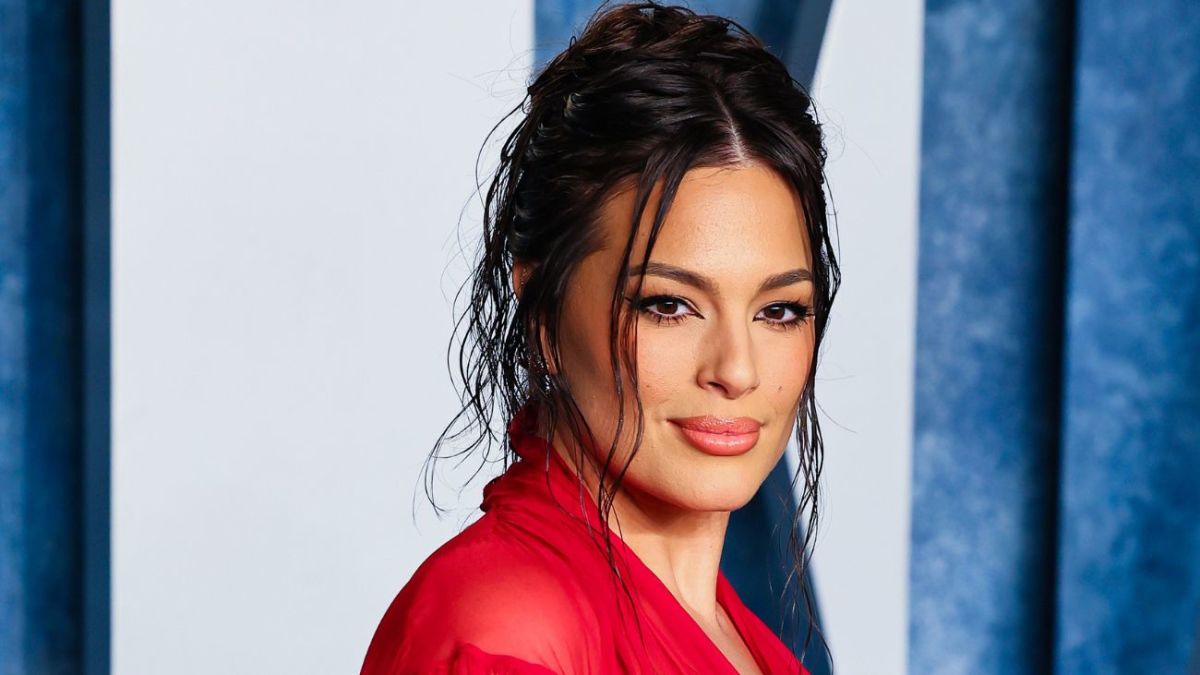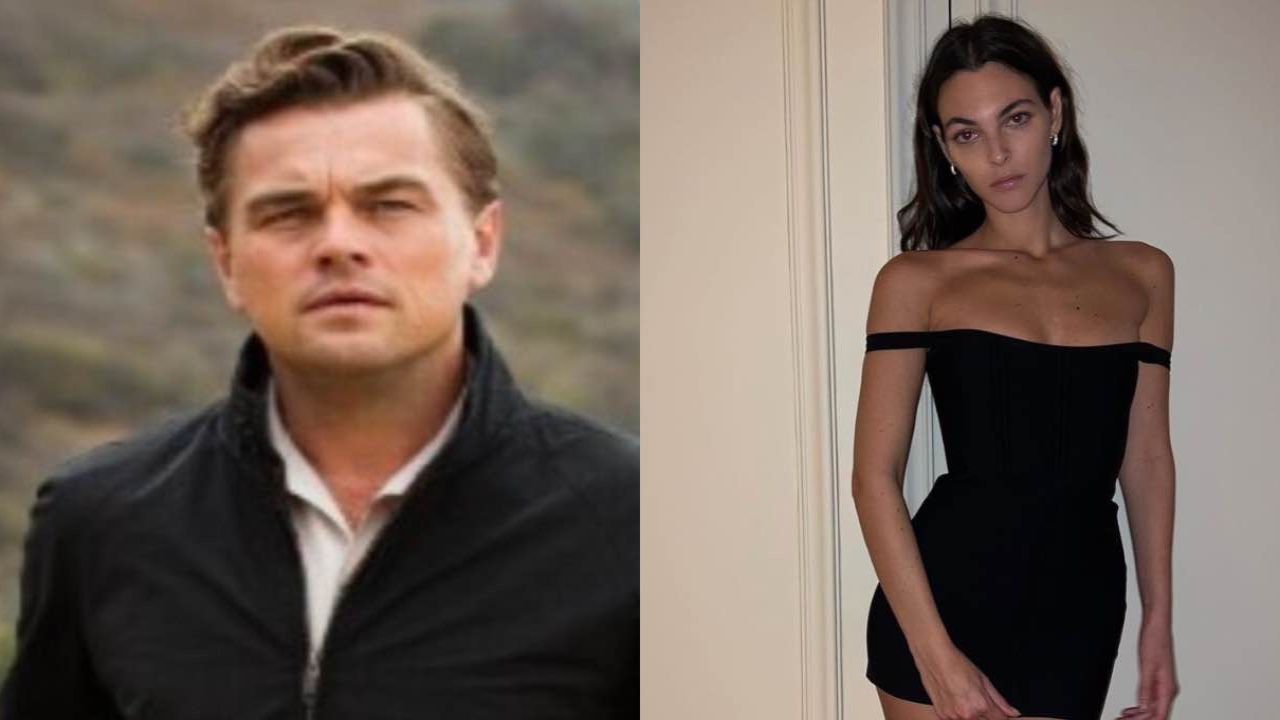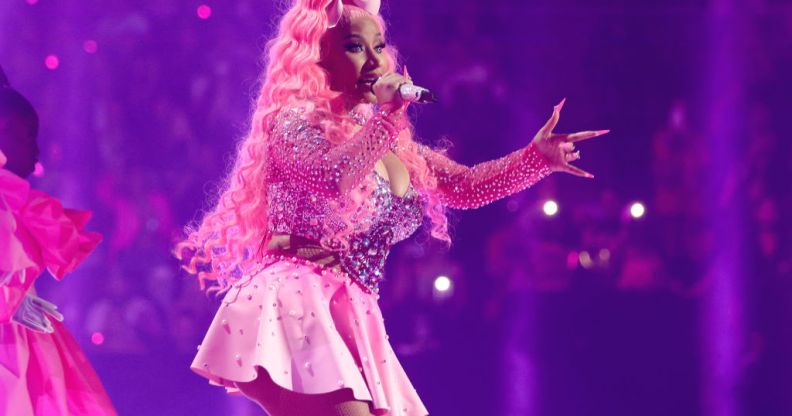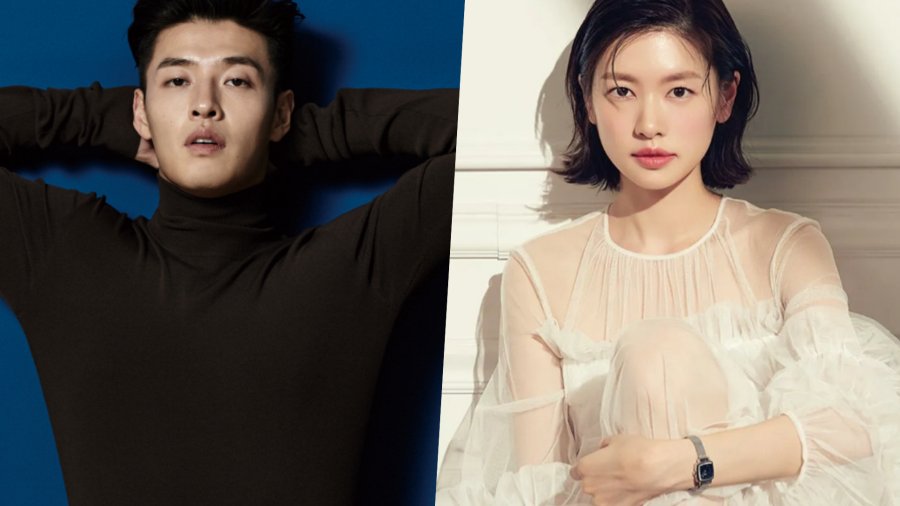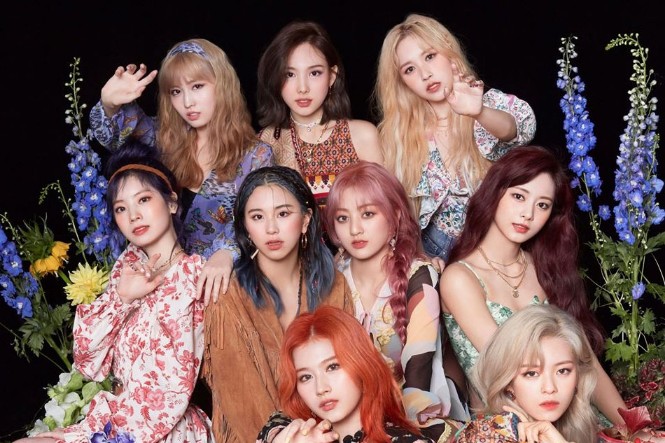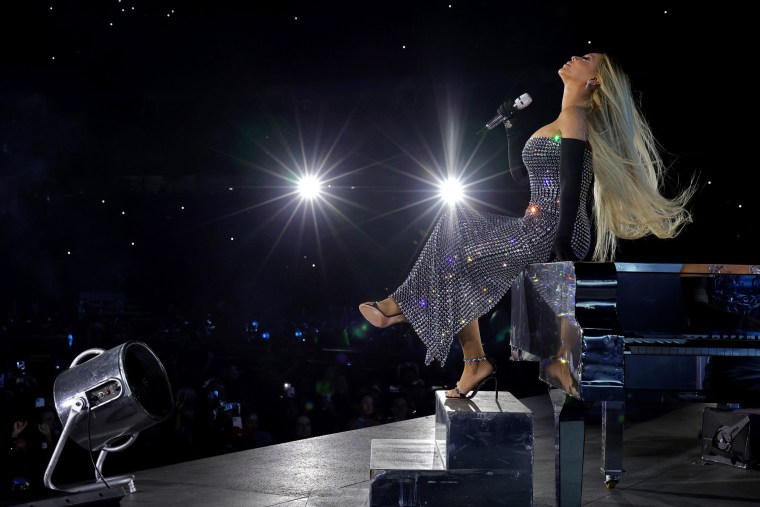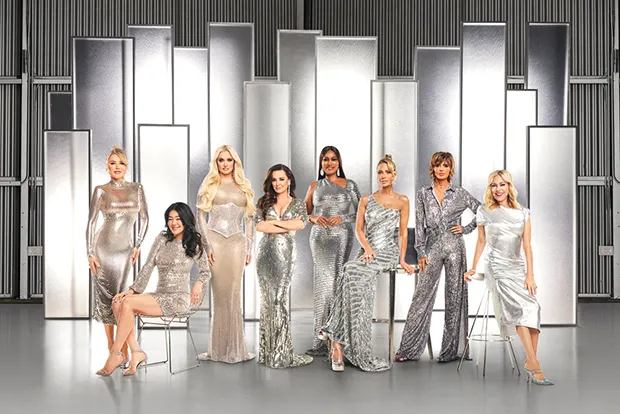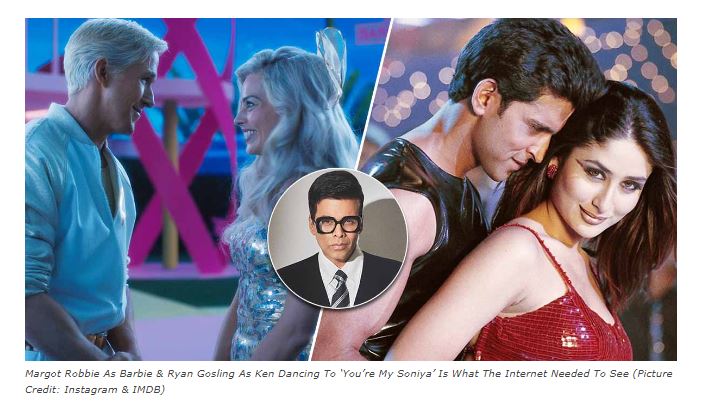Ashley Graham’s Ongoing Battle for Inclusivity: ‘Not Going To Design Something For A Bigger Body’
Ashley Graham, celebrated for championing body positivity, recently delved into the ongoing hurdles she faces in the fashion industry. Despite strides towards inclusivity, she revealed that certain designers still resist creating clothes for larger bodies. This disclosure not only highlights the battles faced by diversity advocates in the fashion realm but also sparks a deeper examination of industry dynamics, urging a more inclusive approach.
Fashion Designers’ Tough Stance
At Good American’s open casting call in Los Angeles, Graham spoke with PEOPLE, unveiling the harsh reality of designers outright refusing to cater to a bigger body. “There’s still some designers that have said, ‘Sorry, we can’t, we’re just not going to design something for a bigger body,'” she shared. This candid admission underscores the persistent roadblocks in an industry undergoing transformative changes yet grappling with lingering challenges.
Graham, known for her candid approach, acknowledged both progress and gaps in the industry’s evolution. “Things have changed immensely in some ways and just have had a full stop in others,” she noted. Her unwavering commitment to promoting body positivity serves as a testament to the ongoing struggle for acceptance within the fashion world.
Economics of Inclusivity
Aged 36, Graham shed light on the economic hurdles faced by designers catering to larger bodies. Despite newer, more progressive brands eager to design for her, economic constraints within the industry make it challenging to create flattering clothing for those beyond the conventional size range. The model, a symbol of body acceptance, occasionally covers additional fabric costs herself, recognizing financial constraints faced by designers in accommodating larger sizes.
“That’s not a negative thing by any means, but it still is just where we are in society,” Graham explained. Her willingness to bridge the financial gap highlights the personal commitment required from both models and designers to reshape societal norms. The current grading system, determining fabric costs, emerges as a significant obstacle affecting women with larger bodies, revealing the industry’s lack of infrastructure for plus-size individuals.
Slow Progress in Runways and Media
Despite positive shifts, Graham pointed out the lingering reluctance within the runway and designer landscape to fully embrace diversity. While some magazines feature larger bodies more regularly, progress has been slow—a “tiny crawl,” as Graham describes it. She genuinely worries that designers might miss significant financial opportunities by excluding women, especially those size 12 and larger.
Graham credited Emma Grede, Good American co-founder, as one of the few actively providing clothing for this demographic. Her call for greater representation and inclusivity on runways and in fashion media resonates as a plea for the industry to acknowledge its role in shaping societal beauty perceptions.
Unraveling the Mystery
Reflecting on the issue, Graham raised thought-provoking questions about the root causes of designers’ reluctance. Is it rooted in fatphobia, a fear of appearing too commercial, or a lack of understanding of true grading on diverse body types? Graham’s contemplation urges the industry to engage in critical self-reflection, fostering a comprehensive understanding of the varied beauty standards that exist.
Graham’s inquiry into the reasons behind this resistance highlights the complexity of the issue. Fatphobia, a pervasive societal issue, seems to have permeated the fashion industry, hindering full acceptance of diversity. Graham’s willingness to question whether designers fear looking too commercial or lack the capability to understand true grading on different body types adds depth to the conversation, encouraging stakeholders to confront and address underlying biases.
Industry’s Responsibility
Ashley Graham’s candid revelations underscore the ongoing need for the fashion industry to take responsibility for perpetuating specific beauty standards. As a powerful influencer, Graham challenges the industry to reassess norms and actively work towards more inclusive practices.
The industry, with its power to shape societal perceptions, has a responsibility to embrace diversity and reject antiquated notions of beauty. Graham’s call for designers to expand their understanding of grading, encompassing the diversity of body shapes and sizes, serves as a blueprint for positive change. By doing so, the fashion world not only becomes more economically viable but also fosters a culture of acceptance and celebration of all body types.
Conclusion
Ashley Graham’s revelations about the persistent challenges faced by body positivity advocates go beyond her personal experiences. They serve as a mirror reflecting larger issues of inclusivity, diversity, and societal norms that the fashion world influences. While progress has been made, dismantling barriers and fostering genuine inclusivity remains an ongoing journey.
In conclusion, Ashley Graham’s story isn’t just about her; it’s about a movement striving for acceptance, representation, and a redefinition of beauty standards. The fashion industry, with its unparalleled influence, must actively address these issues to create a landscape that embraces diversity and celebrates the beauty of all shapes and sizes.
